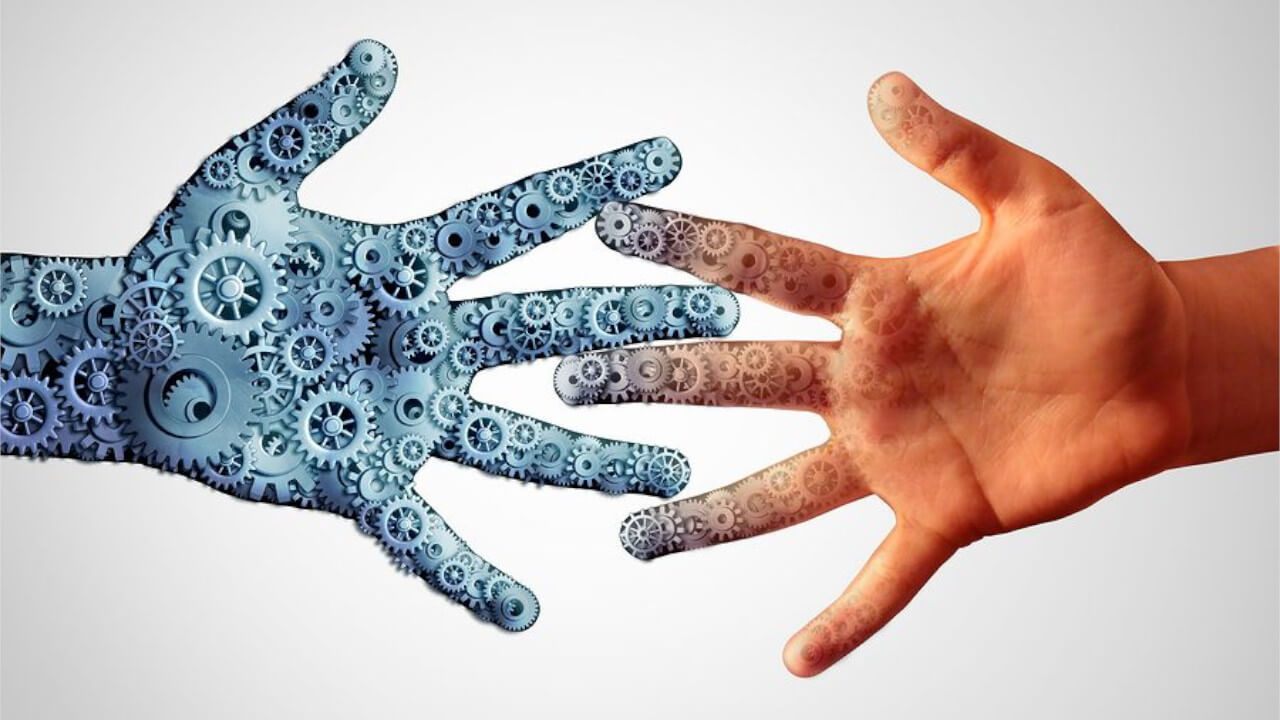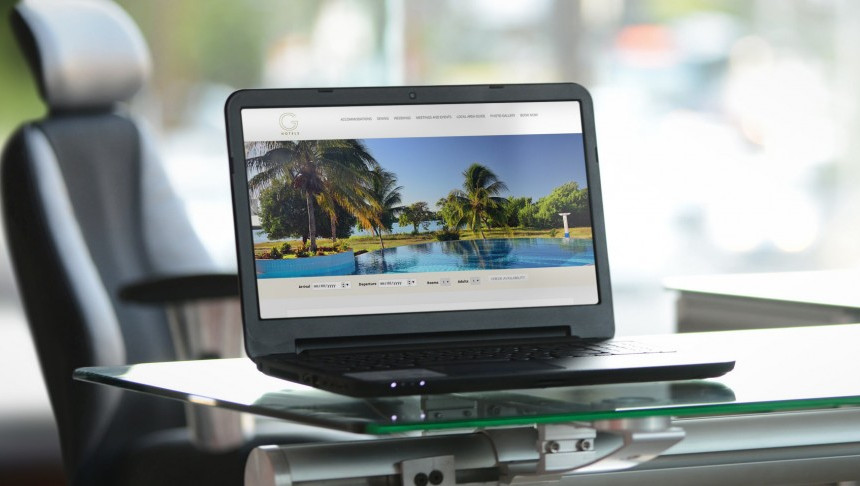Revenue managers today are spending less time pulling pricing levers and more time building successful strategies.
NB: This is an article from Duetto
Like many hospitality job functions, hotel revenue management is extremely demanding. Travelers are searching and booking around the clock. Market changes can come suddenly and competitor rate strategies can create immediate demand surges or declines. As a result, a hotel’s demand, pace, and pick-up can change at any time.
Revenue managers must react to these changes with pricing updates in real time—even if it’s the weekend or the middle of the night. It’s a difficult job, and too many are falling short.
Fortunately, advancements in technology can help revenue managers be more effective and efficient. Revenue managers are no longer forced to collect reports from various systems and crunch daily numbers in an Excel spreadsheet to determine the right rates. The data they need to make pricing decisions is right at their fingertips. And as systems get more innovative, they can do much of this tedious work for hoteliers, providing them time to focus on bigger-picture strategies.
Innovation around data and machine learning is helping hotels forecast demand more accurately, make optimal pricing decisions, and drive more revenue and profitability. But in many cases, the intangibles are more important. Today’s systems are handling much of the complicated, repetitive, and time-consuming tasks, simplifying human processes and freeing up revenue managers to spend more time doing what they love.
In ideal scenarios, revenue managers are “managing by exception,” or focusing less on pulling pricing levers and more on building strategies to capitalize on their most compressed days. With more time to strategize, they can assist in other important areas like digital marketing and distribution, providing departments across the hotel with accurate data to help make optimal decisions. As an added benefit, they’re working a more normalized work week, spending more time with friends and families.
Reclaiming Time With Hotel Revenue Management Tools
Whether it’s one property or an entire portfolio, there are certain hotel revenue management tasks that are repetitive and add little value. To alleviate these issues, revenue managers can adopt a “manage by exception” strategy. Manage by exception means asking software to automate daily, repetitive tasks, allowing revenue managers to focus on identifying and building strategies for their highest demand days. With an accurate demand forecast, hotels are more easily able to identify compressed nights far into the future, giving them more time to enact optimal pricing, marketing, and distribution strategies.
Assembling data is a great example of how hoteliers can simplify their processes. For decades, revenue managers have been running reports in their Property Management System (PMS) and assembling them within Excel using macros. Today, custom report builders compile more real-time information and are saving revenue managers hours of time each day.
Many revenue managers are also manually pushing rates to their PMS. In an old Best Available Rate (BAR) system where one rate is pushed and each segment rate is a derivative of BAR, this might not be so complicated. But with today’s complex pricing strategies where each segment and room type is yielded independently for each day as far out as 365 days into the future, automating these price pushes saves an incredible amount of time.
During certain parts of the year, a Tuesday night at a hotel is likely to look very similar to the past Tuesday and the following Tuesday. Revenue managers should not have to focus on these days. Instead, they should rely on technology to free up their time to focus on the things that are most critically important and areas where they may have information that their software does not.
Of course, managing by exception requires building trust between human and technology. Once it’s determined that a system’s demand forecast and pricing recommendations are trusted and accurate, only then can they be automated.
Technology Empowers Hoteliers
Since their inception, hotel revenue management systems have promised to make properties more money by measuring demand and dynamically pricing rooms accordingly. While that remains a core part of the business, it’s now critically important for technology to enable and empower hoteliers – to help them work smarter and more effectively and to help them provide a better guest experience. Once those benefits are in place, revenue increases will follow.
Hospitality’s next evolution should be to look more holistically at the role of hotel revenue management and ensure it is sustainable by improving revenue teams’ quality of life, which includes improving the performance of the hotel along with many other intangibles. Driven by data and machine learning, technology can help hoteliers make progress both personally and professionally.





